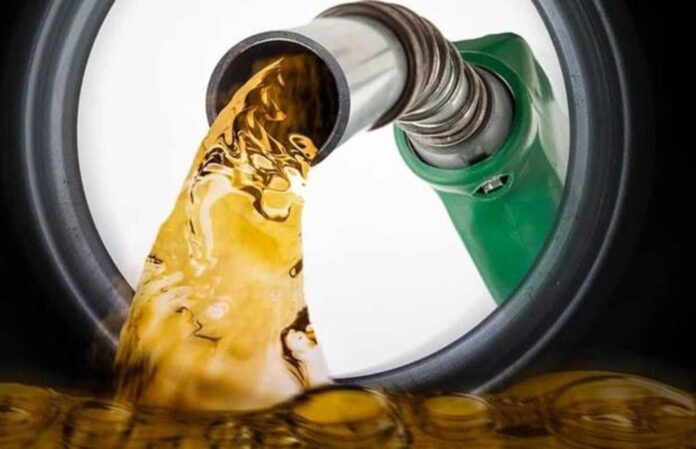The Oil and Gas Regulatory Authority (Ogra) has initiated an investigation into the rising production of solvents and their illicit use in petrol adulteration, which is estimated to cost Pakistan’s national revenue around Rs42 billion annually.
Ogra has requested data from the oil industry on solvent production volumes and the financial impact of adulteration on government revenues.
The Oil Companies Advisory Council (OCAC), which represents the oil sector, provided data on the production and importation of solvents to Ogra. The findings revealed that local refineries are producing and importing solvents under HS code 2710.1250 at a rate far exceeding industrial demand.
In the fiscal year 2024-25, local refineries produced 104,741 metric tonnes (MT) of solvents, with one refinery also producing an additional 136,000 MT of naphtha, which was sold as a solvent. The excess production is being diverted to petrol stations, contributing to the widespread adulteration of petrol, which has severe consequences for both consumers and the environment.
The OCAC estimates that the practice is causing a loss of Rs42 billion annually in petroleum levy (PL) and climate support levy revenues. To combat the issue, the council has recommended imposing PL, climate support levy, and customs duties on solvents, kerosene, light diesel oil, and white spirit to curb petrol adulteration.




